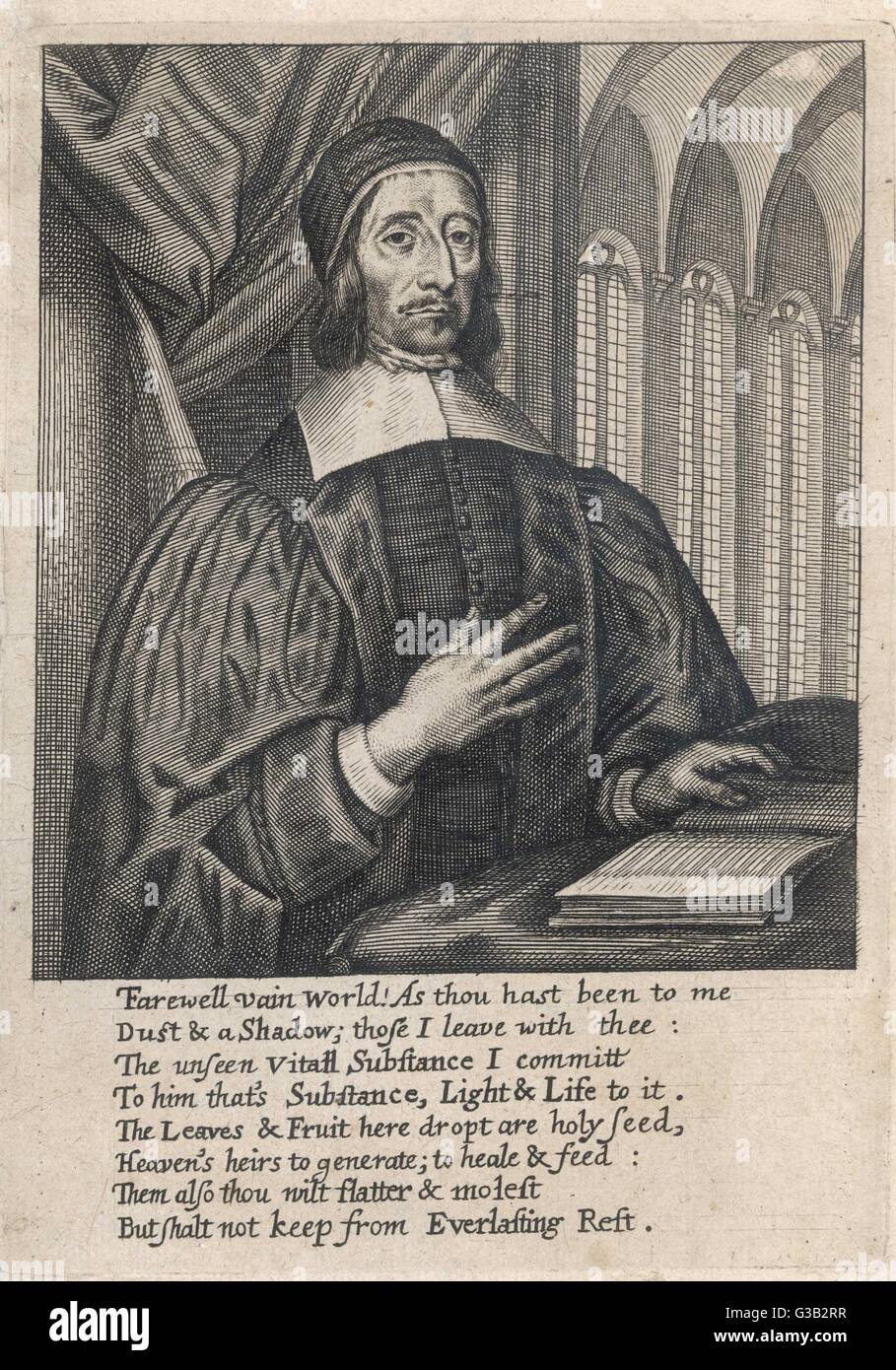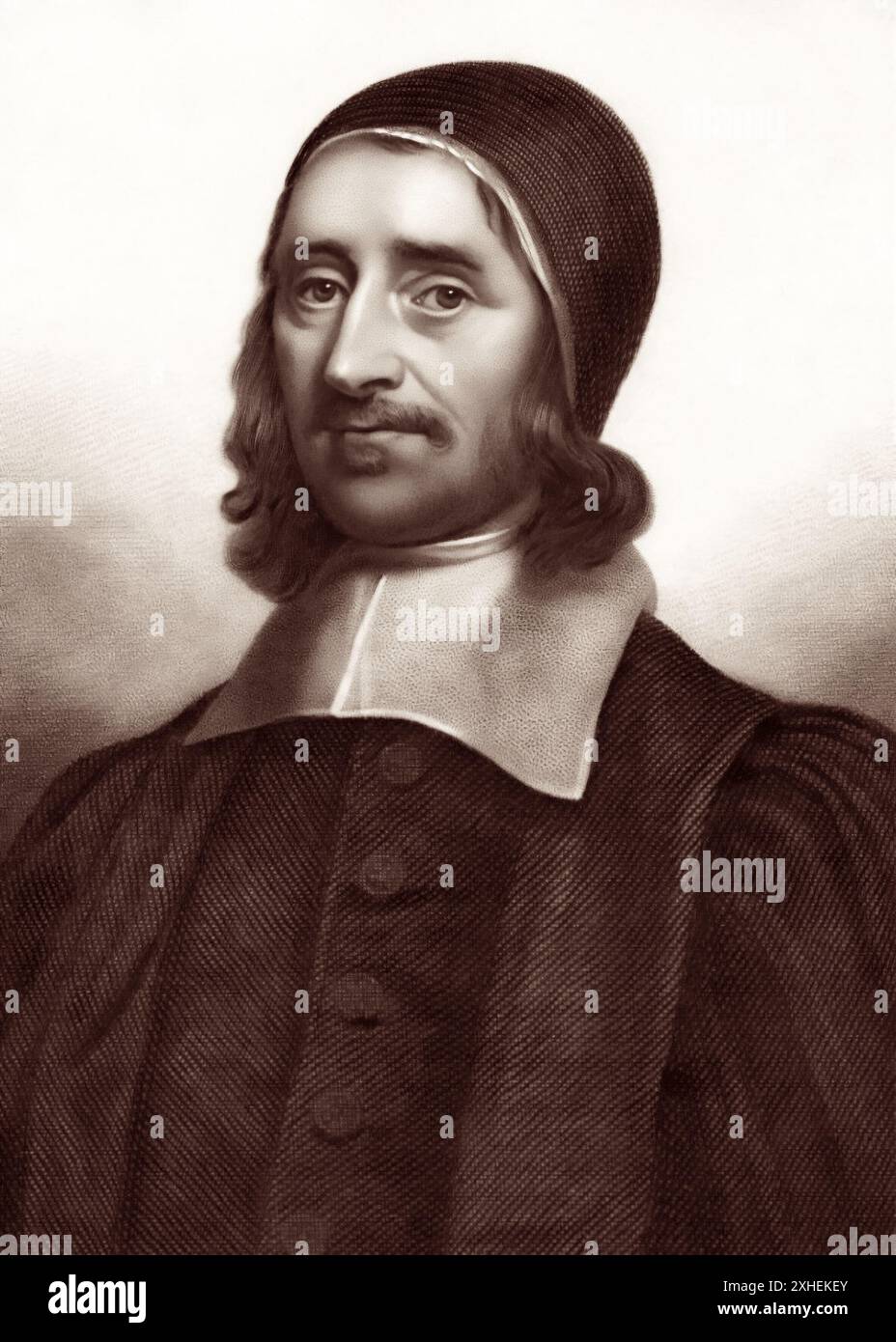
Have you ever found yourself pondering the individuals who significantly influenced the development of **17th-century English Protestantism**? If so, allow me to introduce you to the remarkable figure of **Richard Baxter**. His life was a complex tapestry woven with threads of conflict, unity, and profound spiritual insight. Baxter was not just a theologian; he was a pastor, a writer, and a tireless advocate for religious reform during a tumultuous period in English history. In this article, we will explore the various facets of his life, delve into his beliefs, and examine the enduring legacy he left behind. From his efforts to promote religious tolerance to his influential writings, Baxter’s contributions were pivotal in shaping the landscape of Protestant thought in England. Join us as we embark on a journey through his remarkable life and the impact he had on the faith and practices of countless individuals during his time and beyond.
Early Life and Education

Born into Turbulence
Richard Baxter entered the world on **November 12, 1615**, in the small village of **Rowton, Shropshire, England**. His birth coincided with a period marked by intense religious conflict and upheaval, which would profoundly influence his life and work. As he grew up amidst the turmoil of the **Puritan movement**, Baxter was shaped by the struggles and debates surrounding faith, governance, and the role of the church in society. These formative experiences instilled in him a deep commitment to his beliefs and a desire to advocate for reform within the church, ultimately positioning him as a pivotal figure in the religious landscape of his time.
Academic Pursuits
Recognizing his intellectual potential, Baxter’s family encouraged him to pursue higher education, leading him to delve into the study of **divinity**. His dedication and hard work culminated in his ordination into the **Church of England** in **1638**. However, this milestone was merely the beginning of a much larger journey. The rigorous academic training he received during his studies equipped him with the theological knowledge and pastoral skills necessary for his future endeavors. As he embarked on his career as a **theologian** and **pastor**, Baxter’s insights and writings would eventually leave a lasting impact on the religious community and contribute to the ongoing discourse surrounding faith and practice in a rapidly changing world.
Ministry at Kidderminster

A Model Parish
Between the years **1641 and 1660**, Richard Baxter dedicated himself to the ministry in **Kidderminster**, a town primarily populated by handloom weavers. During his time there, he undertook a remarkable transformation of the parish, turning it into a shining example of **Puritan practice**. His powerful and engaging sermons drew in large audiences, so much so that the existing church building could no longer accommodate the growing number of worshippers. As a result, Baxter made the decision to expand the church, ensuring that everyone had a place to gather and participate in the spiritual life of the community.
Pastoral Counseling
In addition to his preaching, Baxter held a firm belief that **pastoral counseling** was equally vital to the spiritual well-being of his congregation. He recognized that individuals often faced personal struggles and challenges that required more than just a sermon. To address this need, he developed a comprehensive program that prioritized personal care and spiritual guidance. This innovative approach not only provided support to his parishioners but also set a precedent for many ministers within the **Church of England**, influencing how they engaged with their own congregations and emphasizing the importance of holistic pastoral care.
The English Civil Wars

Involvement in Conflict
During the tumultuous period of the **English Civil Wars**, which spanned from 1642 to 1651, Richard Baxter found himself navigating a complex and dangerous political landscape. As a staunch believer in **limited monarchy**, he was deeply committed to finding a middle ground between the warring factions of Parliamentarians and Royalists. His desire for peace and reconciliation led him to serve briefly as a chaplain in the **parliamentary army**, where he endeavored to promote understanding and cooperation among soldiers. Despite the chaos surrounding him, Baxter remained steadfast in his principles, striving to mediate conflicts and advocate for a resolution that would benefit the nation as a whole.
Restoration of the Monarchy
With the restoration of the monarchy in **1660**, a significant shift occurred in the political and religious landscape of England. Baxter continued to be an outspoken advocate for **toleration** within the Church of England, believing that a more inclusive approach would foster unity among Christians. However, his commitment to these ideals came at a cost; he faced considerable persecution and opposition from those who disagreed with his views. Despite the challenges he encountered, Baxter remained resolute in his mission to promote a more compassionate and understanding church, demonstrating his unwavering dedication to his faith and the principles of tolerance and coexistence.
Persecution and Imprisonment

Years of Struggle
Baxter’s views led to over **20 years of persecution**. In **1685**, he was imprisoned for **18 months** for his beliefs. Can you imagine being locked away for standing up for what you believe in? His resilience during these trying times is truly inspiring.
The Glorious Revolution
The **Glorious Revolution** of **1688-89** marked a turning point for Baxter. With the replacement of **James II** by **William and Mary**, the **Toleration Act** was enacted, which alleviated many of the restrictions Baxter faced.
Literary Contributions

A Prolific Writer
Baxter was not just a minister; he was also a **prolific writer**. With over **200 works** to his name, he contributed significantly to **Christian literature**. His writings ranged from **devotional manuals** to **pastoral handbooks**.
Notable Works
Some of his most famous works include:
| Title | Year | Description |
|---|---|---|
| The Saints’ Everlasting Rest | 1650 | A profound exploration of the eternal rest awaiting believers. |
| The Reformed Pastor | 1656 | A guide for ministers on how to effectively shepherd their congregations. |
| Aphorismes of Justification | 1649 | A controversial work discussing the doctrine of justification. |
| Reliquiae Baxterianae | 1696 | An autobiographical account of his life and spiritual struggles. |
Legacy and Influence

A Lasting Impact
Richard Baxter’s influence extends far beyond his lifetime. His commitment to **unity among denominations** and his writings continue to inspire **Christian leaders** today. He is often remembered as a **peacemaker** in a time of division.
Modern Relevance
In today’s world, where religious divisions still exist, Baxter’s message of **tolerance** and **understanding** resonates. His life serves as a reminder that even in the face of adversity, one can strive for peace and unity.

Richard Baxter was more than just a Puritan minister; he was a beacon of hope in a tumultuous time. His life story is a testament to the power of faith, resilience, and the pursuit of unity. As we reflect on his contributions, let’s ask ourselves: How can we embody the spirit of Richard Baxter in our own lives today?
Whether through our actions, words, or writings, we all have the potential to be peacemakers in our communities. So, let’s take a page from Baxter’s book and strive for a world where understanding and tolerance reign supreme.

